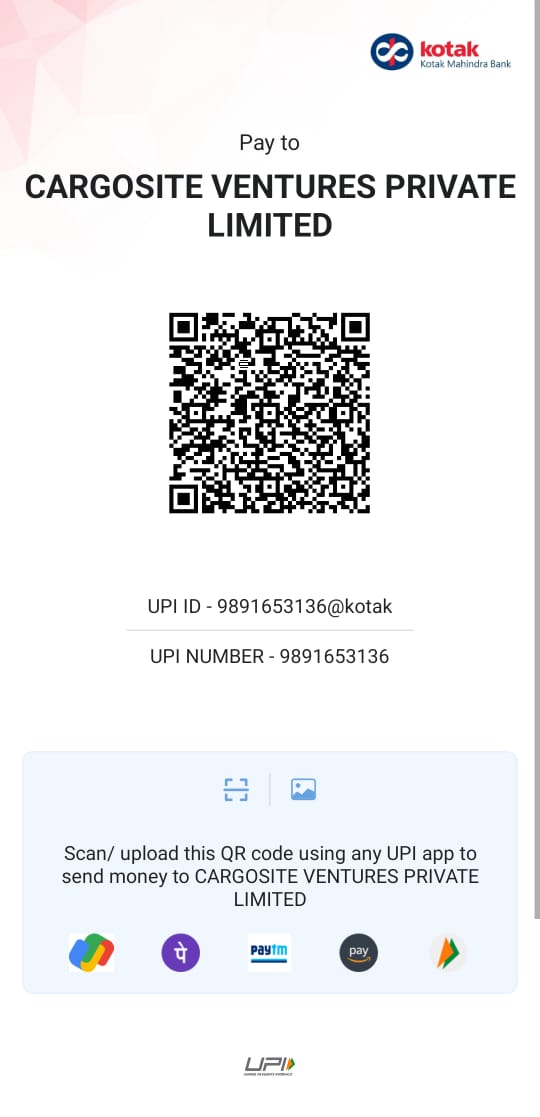Introduction:
In the intricate tapestry of international trade, governments often institute regulations to steer the flow of goods and address multifaceted concerns. One such regulatory facet in India is the Restricted Import License, a tool wielded by the Directorate General of Foreign Trade (DGFT) to regulate specific goods. This article unravels the layers of significance behind Restricted Import Licenses, explores recent amendments, and sheds light on exemptions, particularly in the realm of electronic goods
Significance of Restricted Import Licenses:
The Directorate General of Foreign Trade (DGFT) plays a pivotal role in regulating the importation of restricted items. The Restricted Items List encompasses products subjected to specific limitations, addressing various concerns such as safety, health, and environmental impact. It also considers factors like the nature of production and the involvement of small-scale enterprises. Understanding this list is crucial, as it outlines items that cannot be freely imported, necessitating the acquisition of an import permit or license.
Recent Amendments:
Notification No. 23/2023, introduced on 3rd August 2023, brought significant changes to the framework governing Restricted Import Licenses. The DGFT imposed restrictions on the import of specific electronic goods falling under HSN 8471, including laptops, tablets, all-in-one personal computers, ultra-small form factor computers, and servers. These restrictions, effective from 1st November 2023, signify a notable shift in the government's approach to electronic imports.
Exemptions under the Notification:
Even within the ambit of restrictions, the government introduced exemptions to inject flexibility into the regulatory framework:
- Import of a single laptop, tablet, all-in-one personal computer, or ultra-small form factor computer via post or courier is exempted.
- Up to 20 such items per consignment can be imported without an import license for specified purposes, provided they steer clear of commercial activities within the country.
- Essential electronic components, including laptops, tablets, personal computers, ultra-small form factor computers, and servers, are exempted from import licensing requirements if integral to a capital good.
- Importation under Passenger Baggage Rules or re-imports post-repair abroad (in conformity with FTP guidelines) falls outside the purview of licensing restrictions.
Government's Intent and Industry Impact:
The restrictions imposed on electronic goods, while allowing duty-free imports, suggest a strategic move to stimulate domestic manufacturing and attract investments. The focus on import substitution aligns with the government's efforts to bolster local capacity and align with schemes like PLI (Production-Linked Incentive). The impact of these restrictions is likely to influence companies operating in this sector, encouraging a shift towards localized production.
Conclusion:
In the dynamic landscape of international trade, compliance with Restricted Import Licenses is not merely a legal necessity but a strategic imperative. Recent amendments showcase the government's intent to fortify domestic industries and curtail unchecked imports, presenting both challenges and opportunities. Navigating these regulations demands expertise, and our firm, with a proven track record and robust relationships with pertinent departments, stands ready to be your partner in precision and professionalism. Entrust your importation needs to a team dedicated to navigating the complexities of diverse sectors, ensuring compliance with evolving licensing regulations in India.
Want to apply for the Special Import Licence reach to our expert Ms. Rekha (+91-9811803136), Ms. Manju(+91-9711994042)

